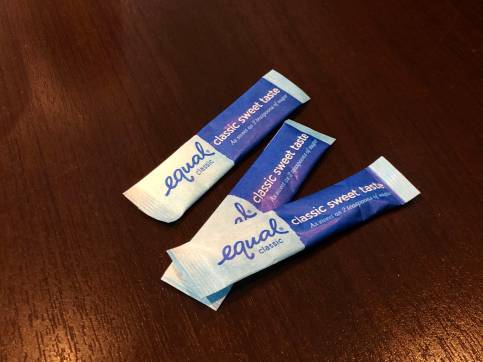Many pet parents give their dogs dental chews. For the most part, these chews seem to be safe. But what happens if a dog eats too many dental chews?
Connect with a verified veterinarian in minutes. Licensed vets are available 24/7 to answer your questions. No need to worry about your furry family member.
Has your dog eaten a package of dental chews? Are you worried the dental chews could make your dog sick? If so, then you’ve come to the right place.
In this article, we’ll take a look at dental chews and whether or not they can make your dog sick. Let’s get started!
What are Dental Chews?
Dental chews are products made to help keep a dog’s teeth and gums healthy. Some also help with bad breath. It’s a fact that dogs can suffer from periodontal disease, just like us. Dental problems in dogs can be painful, cause infections, broken teeth, and more. It’s for this reason your dog should have a regular dental checkup with the vet. They can take care of your dog’s oral health and treat any dental problems.
Even so, dental chews come with a number of benefits, including:
- Help get rid of bad breath
- Reduce tartar and plaque
Dental chews for dogs come in a wide range of types, such as rawhide chews, dental chews, and more. However, it’s important to only choose those products that are safe for dogs. If you’re not sure which dental chews are best for your dog, then it’s a good idea to ask your vet before buying this type of product.
Specific Dental Chews that Have Caused Problems in Dogs
There are some dental chews that have been known to cause issues in dogs. These include:
Greenies: these are not always digestible and can lead to an intestinal blockage in some dogs. Some pet parents have lost their dogs after giving them these treats.
Dingo Dental Sticks: it seems that some dogs do very well with these treats, while others don’t. The sticks have caused some dogs to develop diarrhea. However, in more severe cases, the dogs have developed organ failure.
Rawhides: these are not usually considered to be dental chews. Some dogs are able to digest these safely, while others are not. The problem is that some dogs swallow a large chunk of rawhide, which can lead to choking or become lodged in the dog’s digestive system.
While these products may be safe for most dogs, it’s good to be aware that in other dogs, these chews can cause problems.
So, if you’re unsure whether your dog needs dental sticks and/or which product to give him, be sure to ask your vet. They will have the best information about your dog and his health. They’ll also be able to recommend the best product for your dog.
Connect with a verified veterinarian in minutes. Licensed vets are available 24/7 to answer your questions. No need to worry about your furry family member.

Julie
Julie is a graduate of the University of North Carolina, Wilmington, where she studied Animal science. Though contrary to the opinion of her parents she was meant to study pharmacy, but she was in love with animals especially cats. Julie currently works in an animal research institute (NGO) in California and loves spending quality time with her little cat. She has the passion for making research about animals, how they survive, their way of life among others and publishes it. Julie is also happily married with two kids.
Review symptoms, medications & behavior to keep your pets healthy with a Vet Online in just minutes.
Ask a Vet Live Now




